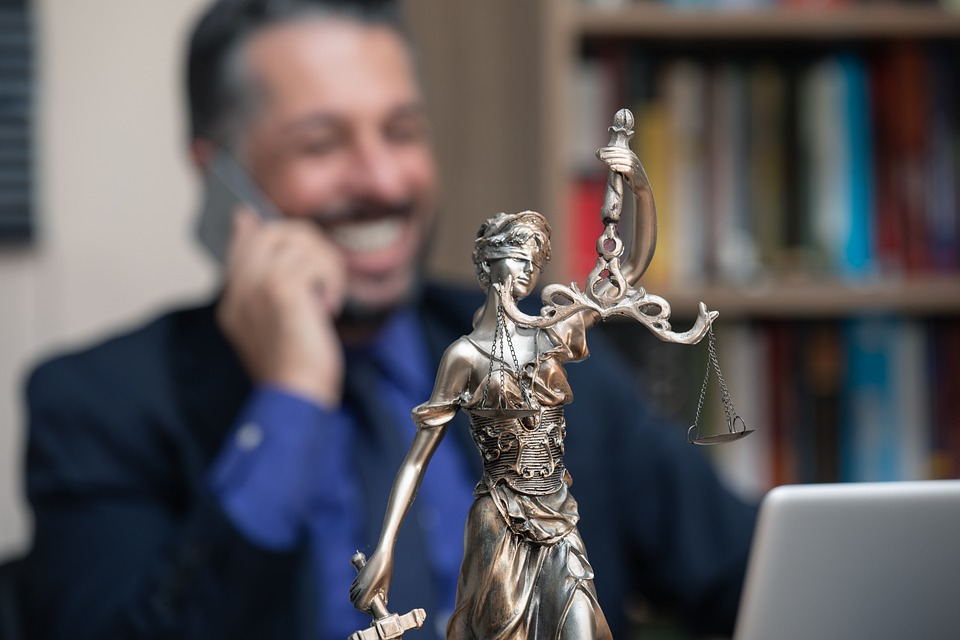Now Reading: Determining the Right Steps in a Personal Injury Case
-
01
Determining the Right Steps in a Personal Injury Case

Determining the Right Steps in a Personal Injury Case
After being injured in an accident, it is important to take the necessary steps to make a personal injury claim. To correctly and fairly pursue a personal injury case, the injured individual must understand the necessary steps. This article will provide an overview of what those steps are:
- Seek medical care
- Contact an attorney
- Your attorney reviews the case
- Gather evidence
- File a lawsuit
- The judge or jury will decide the verdict
Seek Medical Attention
If you have been injured, it is vital to seek medical attention as soon as possible. Seeking medical treatment will ensure that you receive the necessary care for your injuries and provide documentation of your condition. This documentation will be crucial when you pursue a personal injury claim.
Insurance companies may sometimes require medical records to process a claim. It is, therefore, essential to have this documentation on hand. If you do not seek medical attention, the insurance company may argue that your injuries were not caused by accident or that they are not as severe as you claim.
Contact a Personal Injury Lawyer
After receiving medical attention for your injuries, the next step is to contact personal injury lawyers. An experienced lawyer can help you navigate the legal system and fight for the compensation you deserve.
In many cases, insurance companies will try to offer a low settlement amount to save money. With a lawyer on your side, you can be confident that you will receive the total value of your claim.
Your Lawyer Reviews the Case
A lawyer will review the details of your case to determine whether you have a strong legal claim. It will include looking at the facts of the case, the applicable laws, and any precedent that may be relevant. The lawyer will also consider whether or not you have a viable legal argument and whether or not it is likely that you will be able to win your case.
If the lawyer believes you have a strong case, they will typically take on your case and begin building a solid legal argument. If the lawyer does not believe you have a strong case, they may advise you to settle out of court.
Gather Evidence
After assessing your case, your lawyer will begin to gather evidence to present in court. This evidence may come from eyewitness testimony, expert testimony, photographs, or other physical evidence.
The lawyer will also prepare legal briefs and arguments for the judge or jury. Sometimes, the lawyer may also hire an investigator to help gather evidence. The goal is to build a strong case that will convince the court to rule in your favor.
File a Lawsuit
After gathering the evidence, the lawyer will proceed to file a lawsuit. The first step in filing a lawsuit is to draft a complaint, which is a document that outlines your legal claims against the defendant. Once the complaint is filed, the defendant will have an opportunity to respond to the allegations.
The Judge or Jury Will Make the Final Decision
When you get into an accident and decide to take legal action, it’s important to understand that your lawyer will not make the final decision. If you choose to forgo a jury trial, the ultimate decision will be made by the jury.
You, therefore, need to be confident that they will make the best argument on your behalf. Even with the best lawyer, there is no guarantee of a favorable outcome. Ultimately, it will be up to the jury or judge to decide if you win your case.
Contact a Personal Injury Attorney
Personal injury cases can be complex, but with the help of a qualified lawyer, you can give yourself the best chance at achieving a favorable outcome. If you or somebody you know has been hurt in an accident, don’t hesitate to contact personal injury lawyers to discuss your legal options.

As a journalist, Leland D. Bengtson dedicated most of his career to law reporting. His greatest satisfaction is to convey legal matters to the public in a language that they can understand. He is active on various platforms and media outlets, writing about common legal issues that people confront with every day. While medical malpractice is his strong suit, Leland covers plenty of other topics, including personal injury cases, family law, and other civil and evencriminal legal matters.










